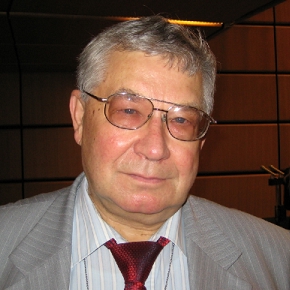 |
||
|
Radioactive Cesium Fallout Could Cause Rice Contamination in Fukushima Prefecture - Report RIA Novosti, PUBLISHED 24.07.2014 Dispersal of 1.12 trillion becquerels of radioactive cesium during last summer’s debris removal at the Fukushima-1 nuclear power plant could have contaminated the rice, grown in the prefecture, The Japan Times reported on Thursday, referring to a statement made by Fukushima nuclear power plant operator TEPCO. The dirt and dust, dispersed during work to remove building debris at the plant’s reactor 3 may have caused a contamination of the rice, grown in Fukushima prefecture, The Japan times quoted TEPCO as saying. The incident was the world’s worst nuclear disaster since the 1986 Chernobyl catastrophe. TEPCO has been widely criticized for being inadequately prepared for a tsunami and for its slow response to the disaster. Topics: NPP Fukushima Daiichi Other news: Russia Planning 3 Advanced Fast-Breeder Reactors at Beloyarsk Nuclear Power Plant by 2030 Beloyarsk’s fifth power unit will be the first in line to get a next-generation reactor installed on-site to enable a closed nuclear fuel cycle. Russia May Sign Agreement to Build 8 Reactors in Iran A source close to the negotiations told journalists Thursday. Hungary Enacts Law to Expand Nuclear Power With Russian Aid Hungary’s president has signed a bill into law to expand a nuclear power plant in the country with Russian assistance. |
Hero of the day 
The ISTC Responsible Science Program and Subprogram Culture of Nuclear Nonproliferation The dual-use nature of nuclear technology consisting in the potential for its application equally in peaceful and military sphere is the basic contradiction for the existing nuclear nonproliferation regime and comprehensive development of the nuclear power and nuclear fuel cycle. INTERVIEW
Jerry Hopwood OPINION
Joint Plan of Action |

